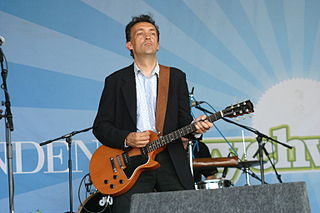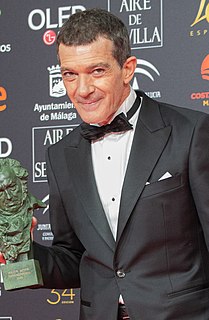A Quote by Jason Moore
Theater is about language, so characters have to define themselves through language for an audience.
Quote Topics
Related Quotes
If a novel is written in a certain language with certain characters from a particular community and the story is very good or illuminating, then that work is translated into the language of another community - then they begin to see through their language that the problems described there are the same as the problems they are having. They can identify with characters from another language group.
We believe we can also show that words do not have exactly the same psychic "weight" depending on whether they belong to the language of reverie or to the language of daylight life-to rested language or language under surveillance-to the language of natural poetry or to the language hammered out by authoritarian prosodies.
The theater, which is in no thing, but makes use of everything - gestures, sounds, words, screams, light, darkness - rediscovers itself at precisely the point where the mind requires a language to express its manifestations.... To break through language in order to touch life is to create or recreate the theatre.
No, obviously, the time goes by, the English gets better. Ever since I met Melanie, that was almost nine years ago now, you have to just speak the language continuously, hone every word. So, and the proof for me of that, was actually in theater. It has to be two hours and 45 minutes on the stage speaking a language that is not your language, and singing.
The important thing is to be able to understand anyone who has something useful to say. - There is a general moral here. Be very careful and very clear about what you say. But do not be dogmatic about your own language. Be prepared to express any careful thought in the language your audience will understand. And be prepared to learn from someone who talks a language with which you are not familiar.




































